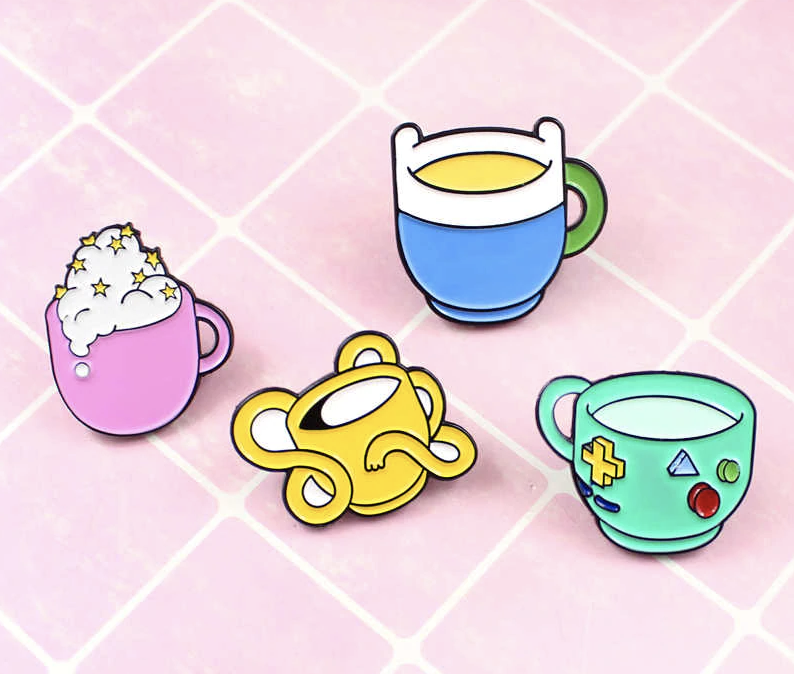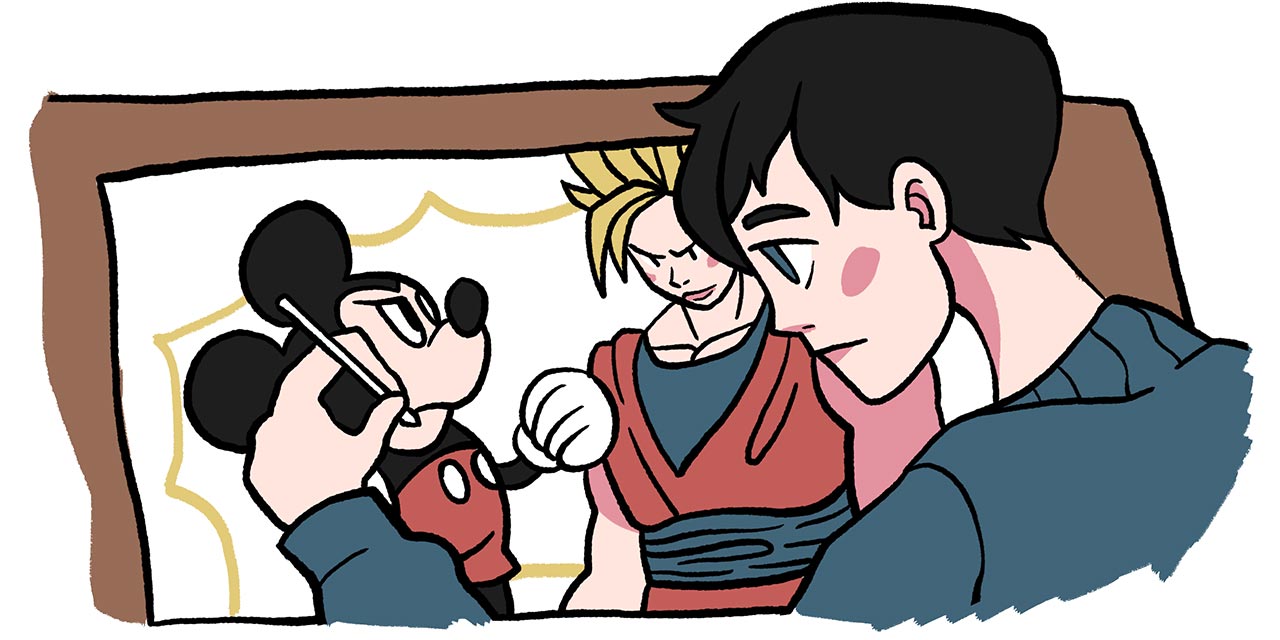
The above article resolves around the recent controversy about a photo of Australian photographer Rohan Anderson which the band “Red Jumpsuit Apparatus” posted on Facebook without permission. The band defended their action by claiming that “all digital art should be free” and further that they would be giving away their whole new album for free on July 4th. The article makes a good point, which is that there is more than one business model governing the breadth of digital art. By giving away an album for free, musicians can still make money by giving concerns. That is not the case with other digital art. Movies, for instance, rely heavily on DVD and streaming sales, which profit would be complete obsolete if the movie industry decided to release all of their digital copies for free. The same can be said about photographers and conceptual artists (including 3D designers) where the product itself is in a digital form. By giving away their product for free, there would be little insensitive for people to buy their product (except perhaps for commercial licensing). As I have just pointed out, giving away digital art for free and still maintain a good return is not as simple as “Red Jumpsuit Apparatus” likes it to be. Even if it is for non-commercial use. Another important disguisement that “Red Jumpsuit Apparatus” fails to incorporate is the difference between giving a product away for free for non-commercial use, and giving away a product’s intellectual property. By ripping off a photo of the Australian photographer Rohan Anderson, they’re not adhering to the cause of “free products”, but rather “free copyright”. Re-posting a picture without permission is inherently different from merely consuming it. My question to “Red Jumpsuit Apparatus” is; how would you feel if somebody took your “free album” and sold it for 10 dollars a piece without asking permission? Simply claiming that “all art should be free” just isn’t enough.







